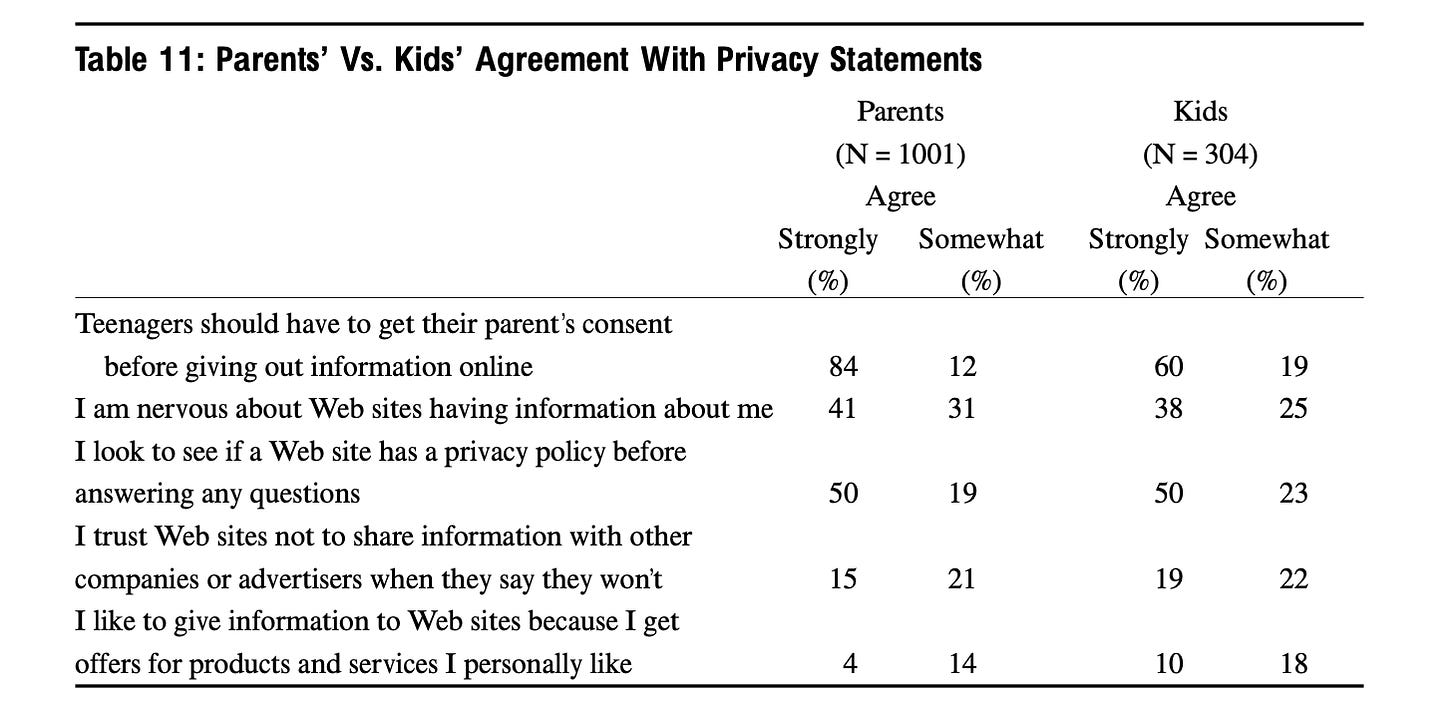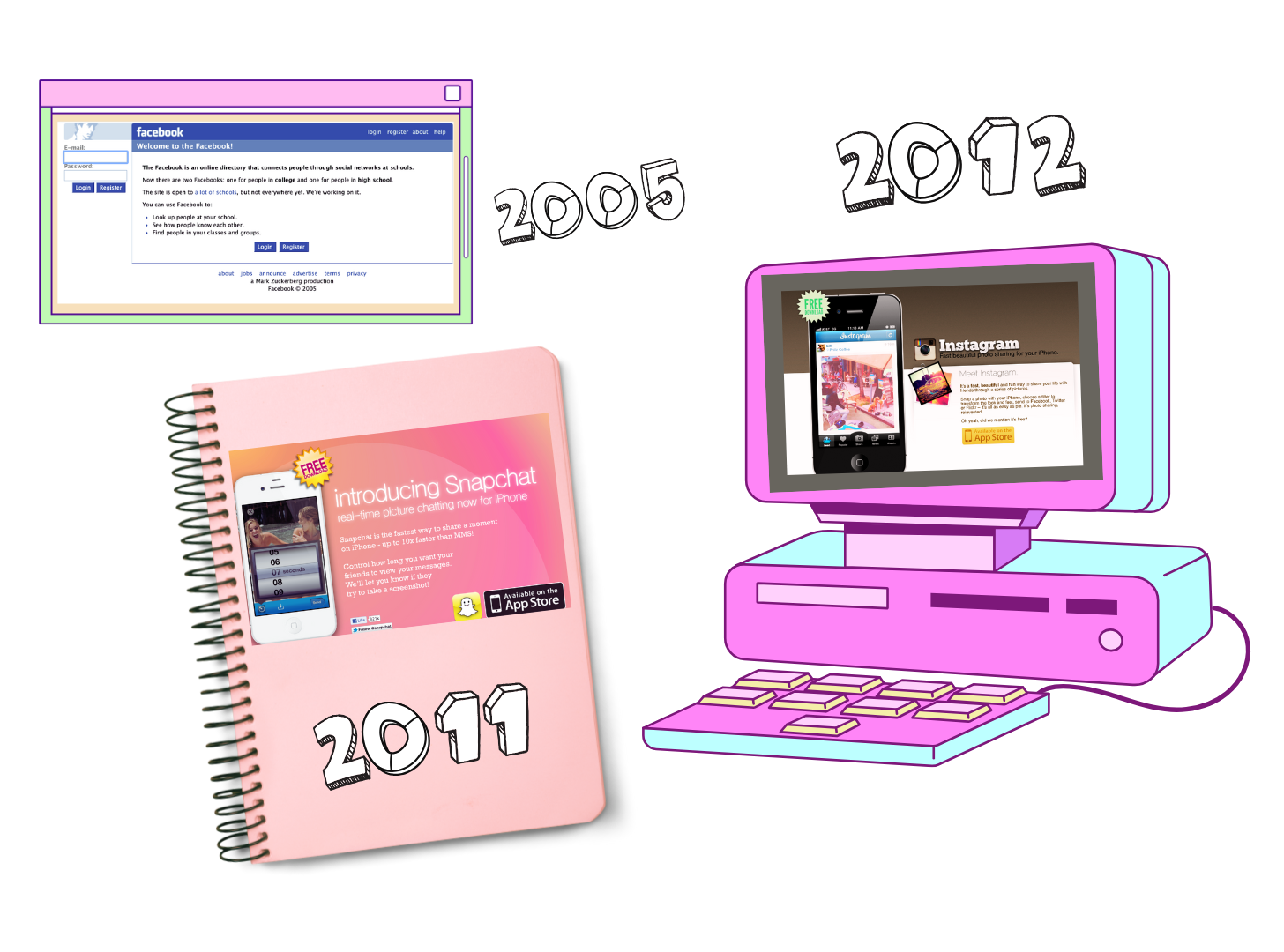Back to the Future: 2024 AI Debate vs. 1990s Internet
#INVESTIGATION | Do you remember how you felt about the early Internet? Did your parents worry about the consequences of connecting to the Web? Could there be a lesson here for our response to AI?
Artificial Intelligence is often spoken about as a monolith with a simple and binary choice attached: choose or reject, turn off or on.
But as AI is more of a theory than a specific technology, I began to wonder: what could research and media coverage of the Internet circa 1990s tell us?
I had hoped the findings would illustrate fears that proved mostly unfounded. But that’s not really what I saw.
Yes, there were shades of the same hyperbole, and sense that integrating the Internet was a simple ‘yes’ or ‘no’ proposition.
Yet what I found instead was more of a clear understanding of the future downsides for our kids, in particular, as it relates to the risk of distraction, coercion, and data privacy abuse.
Past as Prologue
In digging into op-eds, research reports, and long, detailed exposes related to the Internet and the nascent World Wide Web, two things stood out:
1. There was ample discussion that mirrored our current — and in some cases highly emotional — response to AI.
One entertaining example is an op-ed published on CNN’s website in May 1998 by American computer scientist and Yale professor David Gelernter.
While his *spirited* positions have some merit, they thankfully proved slightly more short-sighted about the future benefits of connectivity:
“… our skill-free children are overwhelmed by information even without the Internet. The glossy magazines and hundred-odd cable channels, the videotapes and computer CDs in most libraries and many homes — they need more information?”
Or this passage, which could be about AI today:
“The Internet, said President Clinton in February, ‘could make it possible for every child with access to a computer to stretch a hand across a keyboard to reach every book ever written, every painting ever painted, every symphony ever composed.’ Pardon me, Mr. President, but this is demented. Most American children don't know what a symphony is. If we suddenly figured out how to teach each child one movement of one symphony, that would be a miracle.”
2. But at the same time, we knew with great specificity what the future might hold for our kids.
After having a few laughs at the above, another passage by Gelernter struck me as far less hyperbolic:
Our children's attention spans are too short already, but the Web is a propaganda machine for short attention spans. The instant you get bored, click the mouse, and you're someplace else. Our children already prefer pictures to words, glitz to substance, fancy packaging to serious content. But the Web propagandizes relentlessly for glitz and pictures, for video and stylish packaging…”
As I then moved on to reading the Internet and the Family report published by the University of Pennsylvania in 2000, my intentions with this post changed. Because in reading through the 36-page report, it was clear we dropped the ball:
“American parents and youngsters are often of very different minds when it comes to giving personal information to Web sites. Kids’ release of information to the Web could well become a new arena for family discord.”
These data privacy concerns far predated the social media ecosystem we know today. We knew and yet didn’t really intervene in any meaningful way to mitigate these early concerns.
Why Did We Look Away?
If we knew three decades ago what was to come, would we have been bolder in acting on our concerns?
Could we have enjoyed the fruits of innovation while being more vocal and vigilant with our elected representatives, in our schools, and even with our individual spending power?
I have a few thoughts about how we got here. And I say to my fellow GenXers: we are largely to blame. At roughly 18–33 years old in 1998, we were old enough to have influence in the workplace and young enough to keep learning ourselves. We definitely could have helped put on the brakes.
But, here’s the thing:
1.GenX largely eschewed acquiring new technical skills.
GenX were the “liberal arts” generation finding ourselves graduating into a recession in the early 1990s, sending some right into graduate school. We were barely on our way by the time of the dotcom boom and then bust.
Somewhere along the way, we decided not to worry about our collective lack of technical skills. Many fellow GenXers share my concern. Not knowing what was under the hood made us sheepish in asking the hard questions.
2. We created the lore of the tech savant with little self-awareness of the implication for our future.
We allowed the lore of the hoodie-wearing young guy with magical powers of earth-shattering innovation and eye-popping financial gain to turn into well-established *fact*.
As the myth persisted (and even turned into content for movies), we settled into the notion that we didn’t need to know how to do it all ourselves because by then we were the *leaders* and didn’t need to ‘get our hands dirty.’
3. And so we created the monster, personally enjoyed its benefits, and then we fed the monster our kids.
Social media was so intoxicating that we forgot any of the concerns articulated in the 1990s. We allowed our kids full access to social media, addictive games, and other sites that gobbled up their data. And now older and wiser, we see how this was always the path toward the development of AI innovation.
We’ve come full circle.
What Now?
This time we must engage in healthy debate and trust our instincts.
There are definitely upsides to innovation, and we are not as naive as we were 20–30 years ago. We must recognize that we can’t stop innovation, but we can shape it.
Could we have better shaped the social media we use today? Probably. But now we know.
I’m a firm believer that the result of fulsome, participatory debate, with many different points-of-view represented, always ends ups with the best result for everyone. So we have a chance to make the future beneficial for all.
In Other News
Many of you have asked me “how do I…” and so I’ve launched a “how to” section for paid subscribers. I’m slowly populating the section with content. Have something you’d like me to address? Please get in touch.
Finally, the back and forth to address NYC’s partnership with Talkspace persists. There is a great ongoing documentation of the details on the Parent Coalition for Student Privacy’s website. I’ve also created a graphic to illustrate our concerns —as sometimes you need to *show not tell*… If you have questions, please let me know.






